How often should you replace your TV? We dig into the key things to consider
Thinking of swapping out your TV? Ask yourself these questions before deciding
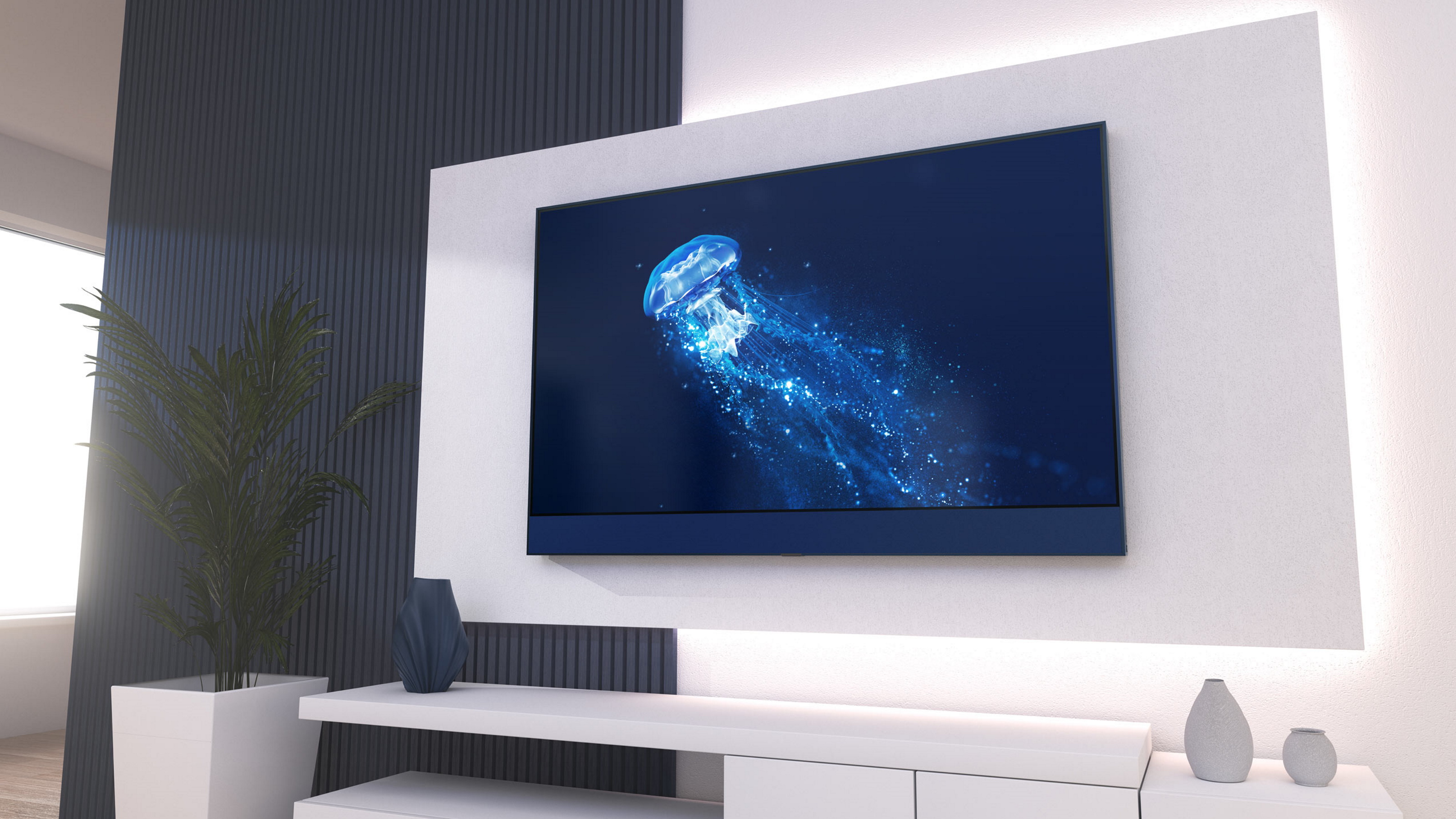
We're all guilty of looking around our homes and wishing we could upgrade everything all at once, but the reality is that these decisions are difficult ones, and replacing your TV is not something to rush into. Whether you actually need a new television is also something to consider carefully, as well as what to do with your old set once you do.
In this article, we will dig into some of the key questions to ask before taking the leap and purchasing a shiny new screen, including details of the most recent technology and alternatives to a full upgrade that are becoming more popular.
Read on for help in making your decision, and head over to our rundown of the best TV brands for more information on which TV might be best for you.

How long have you had your TV?
The first question you need to ask yourself is how long you've had your TV. For anyone who doesn't keep a detailed list of their shopping habits, this might not be front of mind, and it can be easy to get bamboozled by all of the advertisements for state-of-the-art tech and forget that you only purchased your set 18 months ago.
Common wisdom says that the average television can last between 4 and 7 years, depending on usage, potential damage, and other factors. So, if you've had your television for more than 5 years and feel that your home is due an upgrade, then it's perfectly reasonable to start researching the best brands and features.
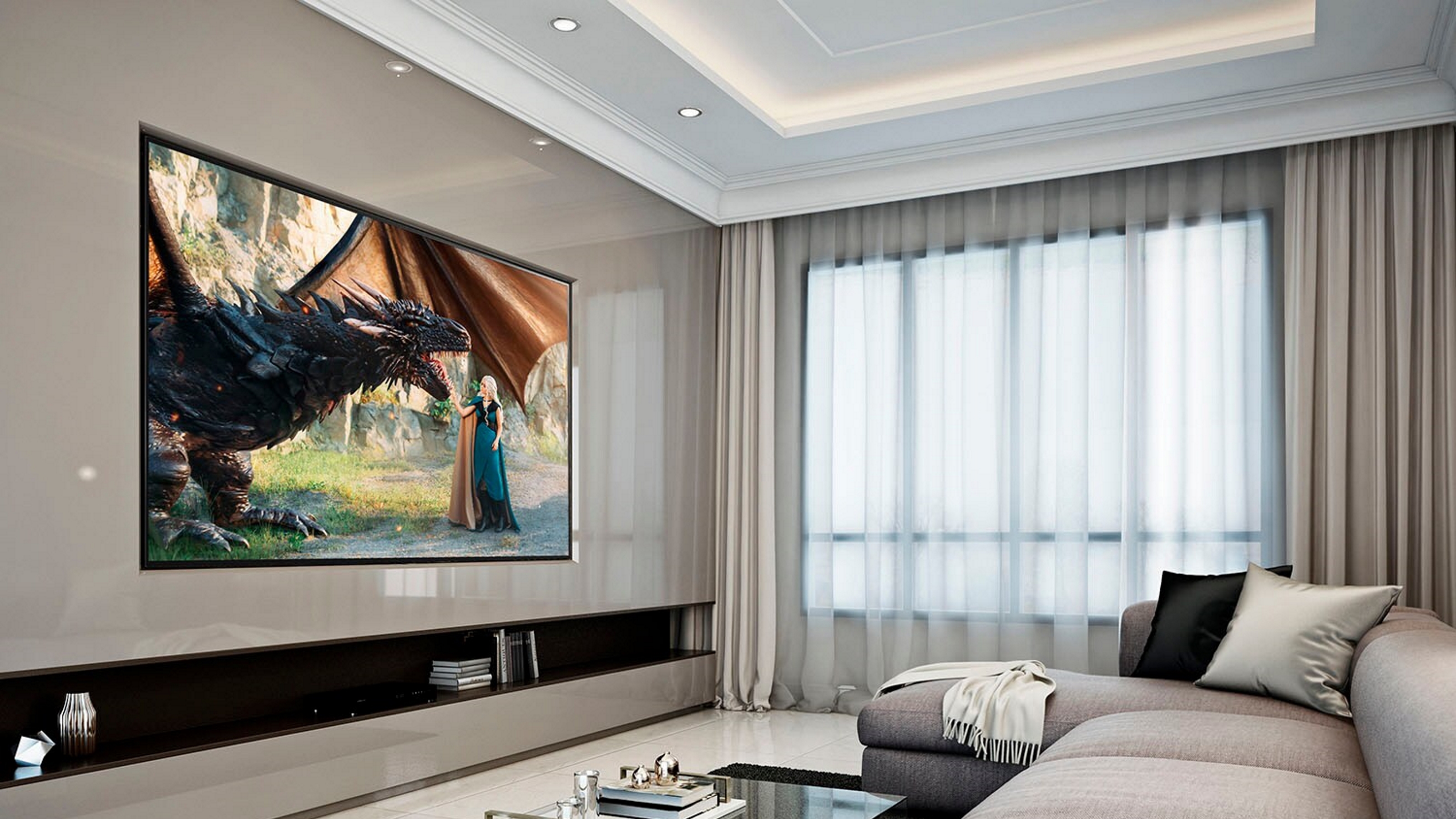
Do you need a bigger TV?
One big (excuse the pun) reason that people feel they need to get a new TV is size. Maybe you've moved home recently and have suddenly found yourself squinting across a larger living space. Or those who had downsized may want a more compact model that fits better in their chosen viewing room.
This choice, thankfully, comes down to personal preference and circumstance, as the best TVs are available across all sizes. A 32 or 40-inch TV could be ideal for smaller apartments, bedrooms, and kitchens, while the best 85-inch TVs are more suited to large living rooms or even a home theater.
If you want to find out the perfect set for your room, you can take a look at our guide to choosing the best size TV for your space.
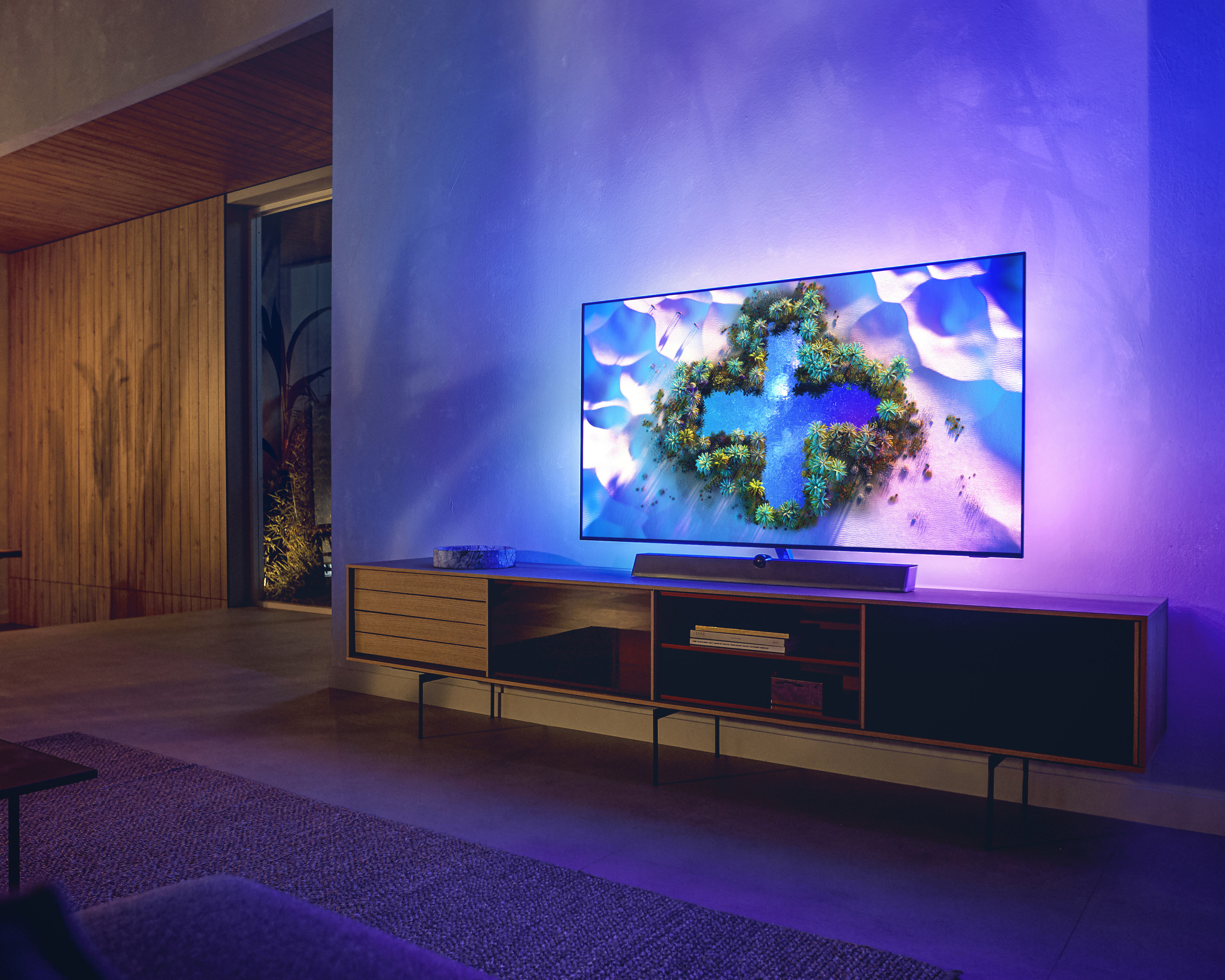
Do you need newer technology?
You'll have heard all of the buzzwords - OLED, QNED, 4K, 8K, Mini LED, and beyond. We promise that all of these acronyms do mean something, but it can be difficult to cut through the noise to find out which will actually improve your viewing experience and which are just added extras you won't notice.
In short, a better resolution - HD, Full HD, 4K, and 8K - will give you more detail and clarity in the image, making it look more life-like as you go up the scale. 8K is so new that there isn't actually that much content being made in the format right now, but it's a good way of futureproofing your set-up. You can take a look at our 4K vs. 8K comparison for more information.
Panel types are a little more widespread, but most people tend to go for OLED or - Samsung's version - QLED, as they have dropped in price over the years. Put simply, this technology gives improved brightness and contrast (so deeper blacks and whiter whites) with more lights closer together. We compared two of the leading types in our OLED vs. QLED guide.
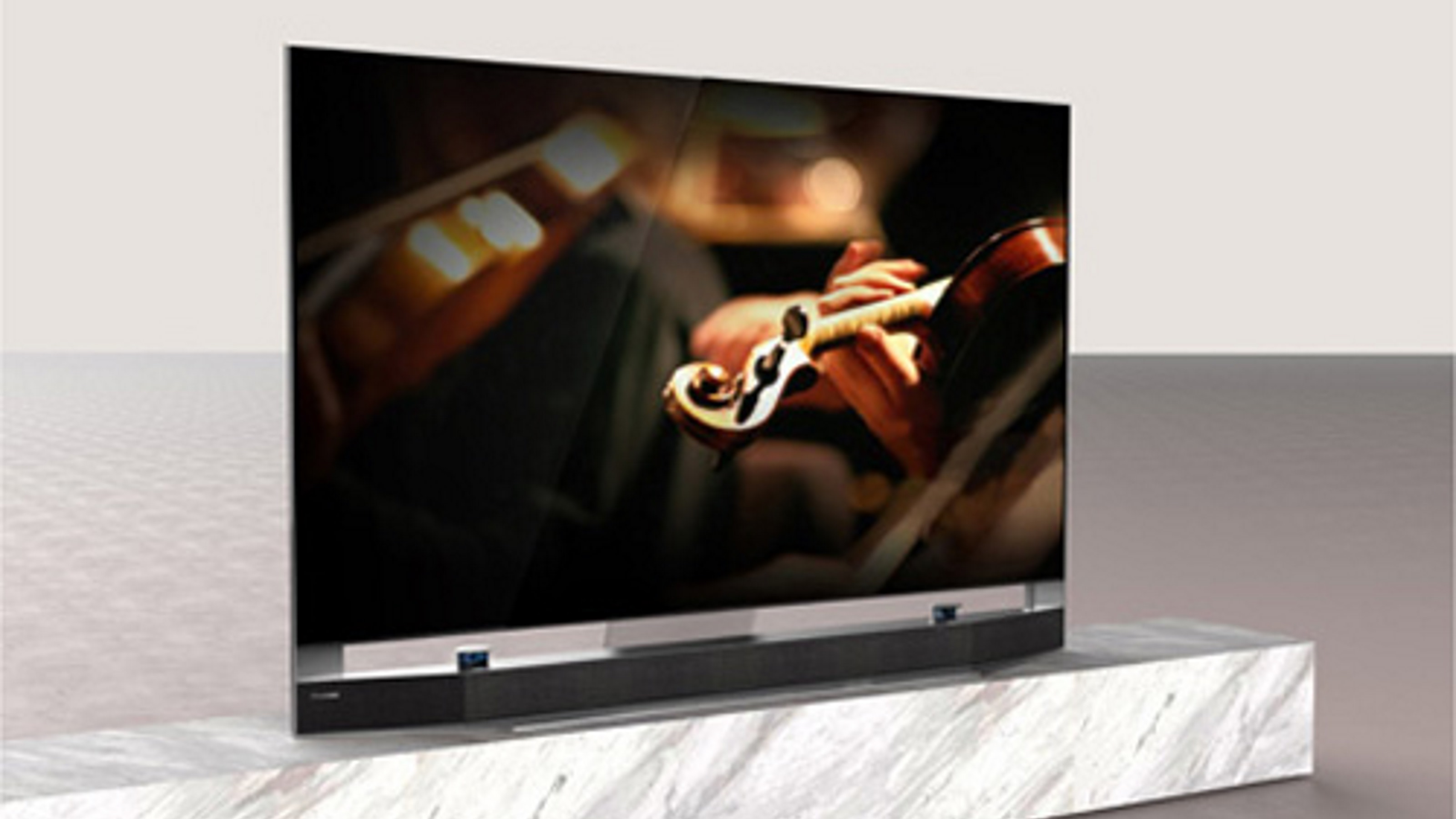
How much do you want to spend?
A lot of our advice in this article is based on the assumption that price is not the number one priority. Still, we realize that this may be the deciding factor when wondering if you need to replace your current television or not. If you absolutely need to upgrade but don't have a huge budget, then there are a few options.
A really great alternative if you want to save cash and be less wasteful is a refurbished or renewed television, which can often be just as good as new but without the hefty price tag. You can check out Amazon's renewed page, but many other major retailers also offer these pre-loved models.
You can also take a look at our TV deals hub for the best discounts across major sales events and beyond.
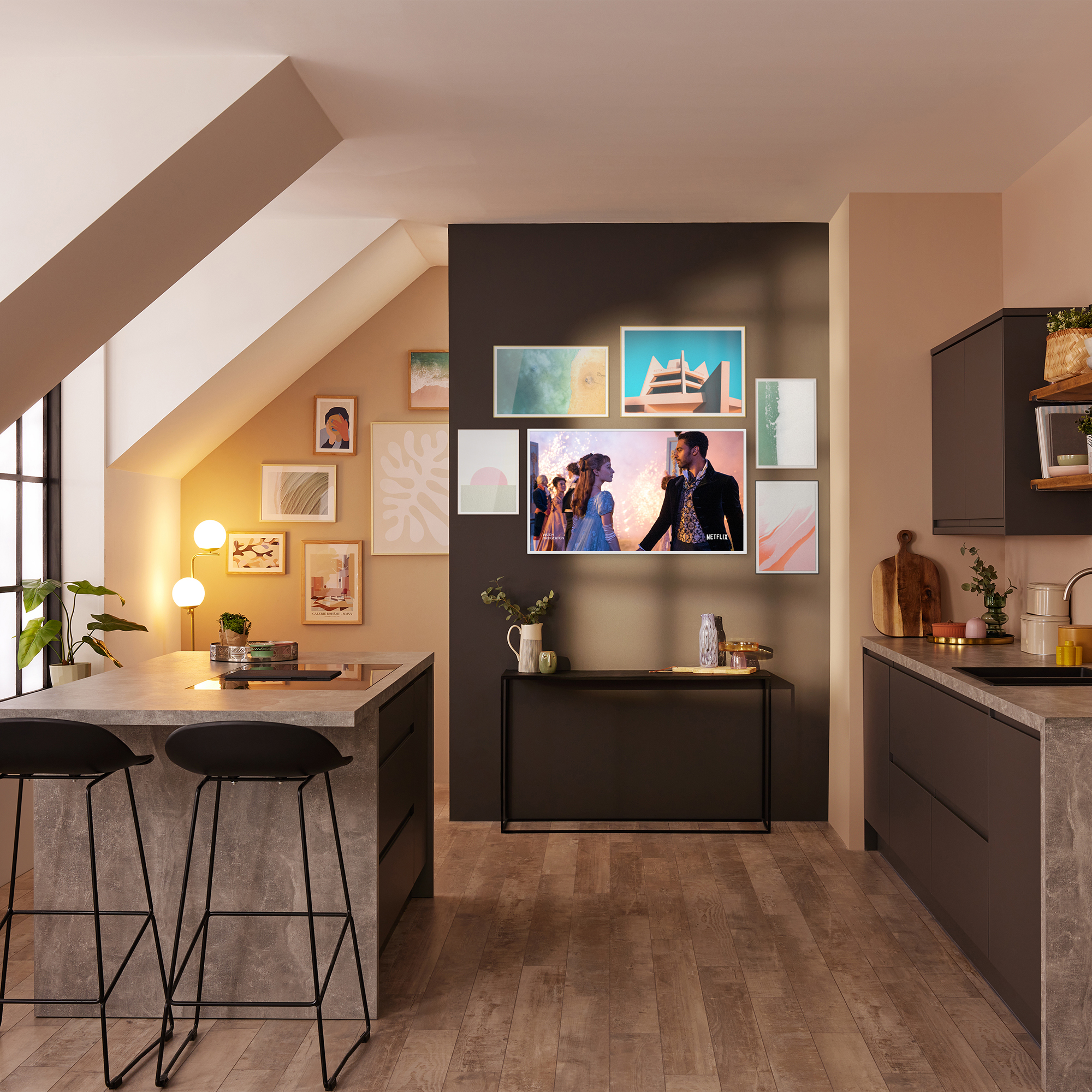
Can you repurpose you old TV?
If you do decide to swap out your old tech for something new, then why not repurpose your old TV instead of throwing it away? There are so many great places around the home that could benefit from a TV, and we highlight some of the best in our guides to kitchen TV ideas and bathroom TV ideas. You can use some TV models as monitors or create a whole media room.
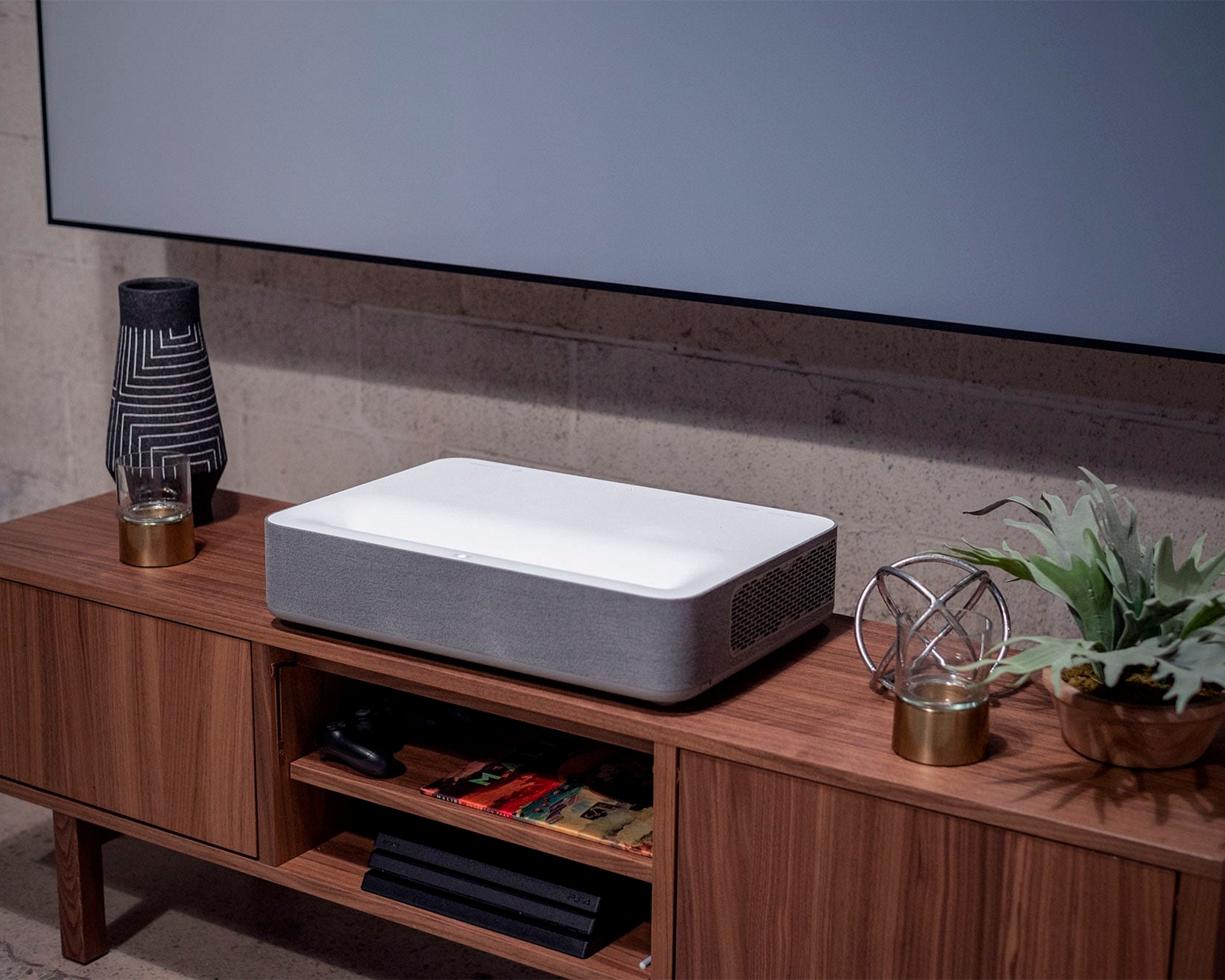
Other ideas to explore
If you're bored with your current media set-up, there are quite a few ways to improve things without splurging on a new television. Laser TVs and projectors, for example, have started to become popular ways of achieving that home theater effect without the $1,000s required for the biggest TVs available.
You can also spend far less on a streaming device, which can revolutionize how you navigate and view content from various streaming services, making it much harder to be overwhelmed by the deluge of content on offer. If you don't get along with your current TV interface, it's a great solution.
Be The First To Know
The Livingetc newsletters are your inside source for what’s shaping interiors now - and what’s next. Discover trend forecasts, smart style ideas, and curated shopping inspiration that brings design to life. Subscribe today and stay ahead of the curve.
Caroline was formerly smart home ecommerce editor for Livingetc, covering everything tech for the home, from smart speakers to air purifiers and everything in between. She is passionate about technology and smart devices and their role in daily life, enhancing the home without sacrificing personal style and carefully chosen interiors. In her spare time, she can be found tinkering with bulbs, soundbars, and video doorbells in an effort to automate every part of her small home. Previously, she lent her expertise to the likes of Expert Reviews, IT Pro, Coach, The Week, and more.
-
 The Weighted Blanket That Doesn’t Make You Sweat (and the Eye Mask to Match)
The Weighted Blanket That Doesn’t Make You Sweat (and the Eye Mask to Match)Luxury has weight. And apparently, volcanic minerals
By Julia Demer
-
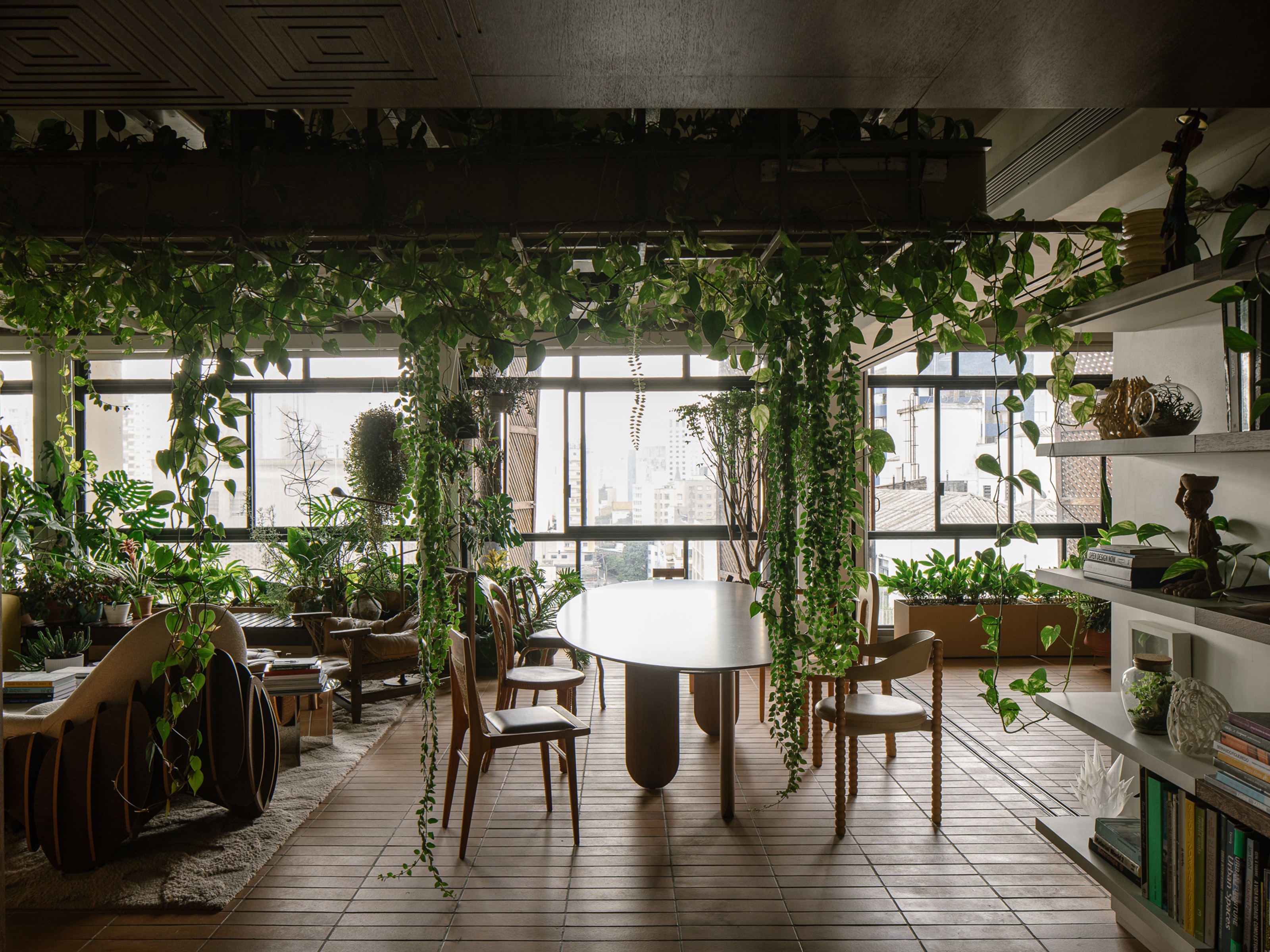 What Is Biophilic Interior Design? I'm an Actual Biophilic Designer, and This Is How to Apply It to Your Home
What Is Biophilic Interior Design? I'm an Actual Biophilic Designer, and This Is How to Apply It to Your HomeA biophilic designer explains the core principles of this practice, and the easy ways you can apply it to your home's design
By Marianna Popejoy
-
 Reviewers Say These Hummingbird Camera Feeders Are the Best Ones Right Now — And They're All on Sale
Reviewers Say These Hummingbird Camera Feeders Are the Best Ones Right Now — And They're All on SaleI've spent ages reading all the reviews for smart hummingbird feeders so you don't have to... Here are the top-rated options
By Hugh Metcalf
-
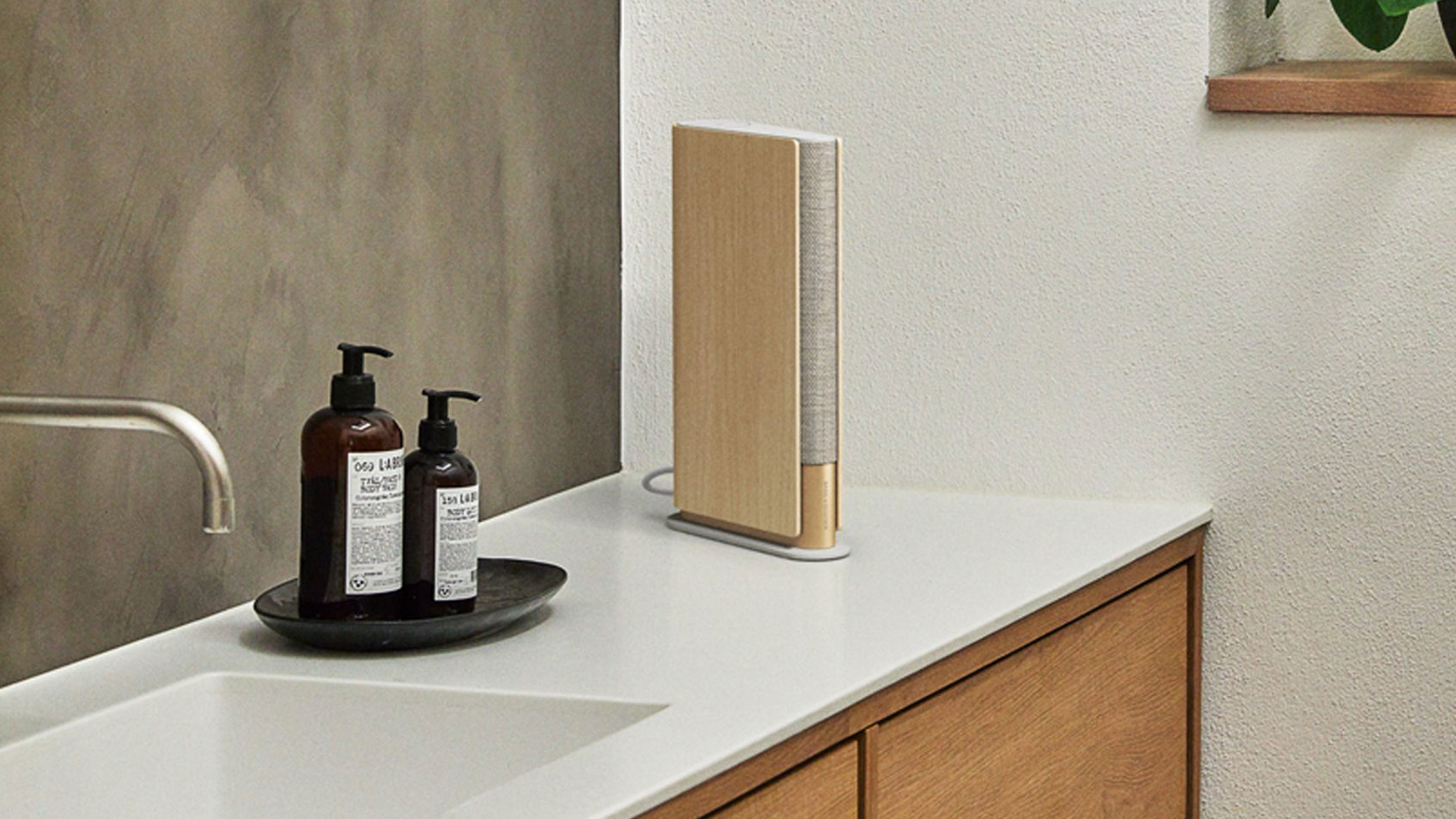 This Interior Stylist Has Picked the Most Aesthetic Home Tech Products of the Moment — 'No More Tech Eyesores!'
This Interior Stylist Has Picked the Most Aesthetic Home Tech Products of the Moment — 'No More Tech Eyesores!'If you think making your home smarter means filling it with ugly gadgets, think again. There's a growing number of pleasingly aesthetic choices out there, says this stylist
By Luke Arthur Wells
-
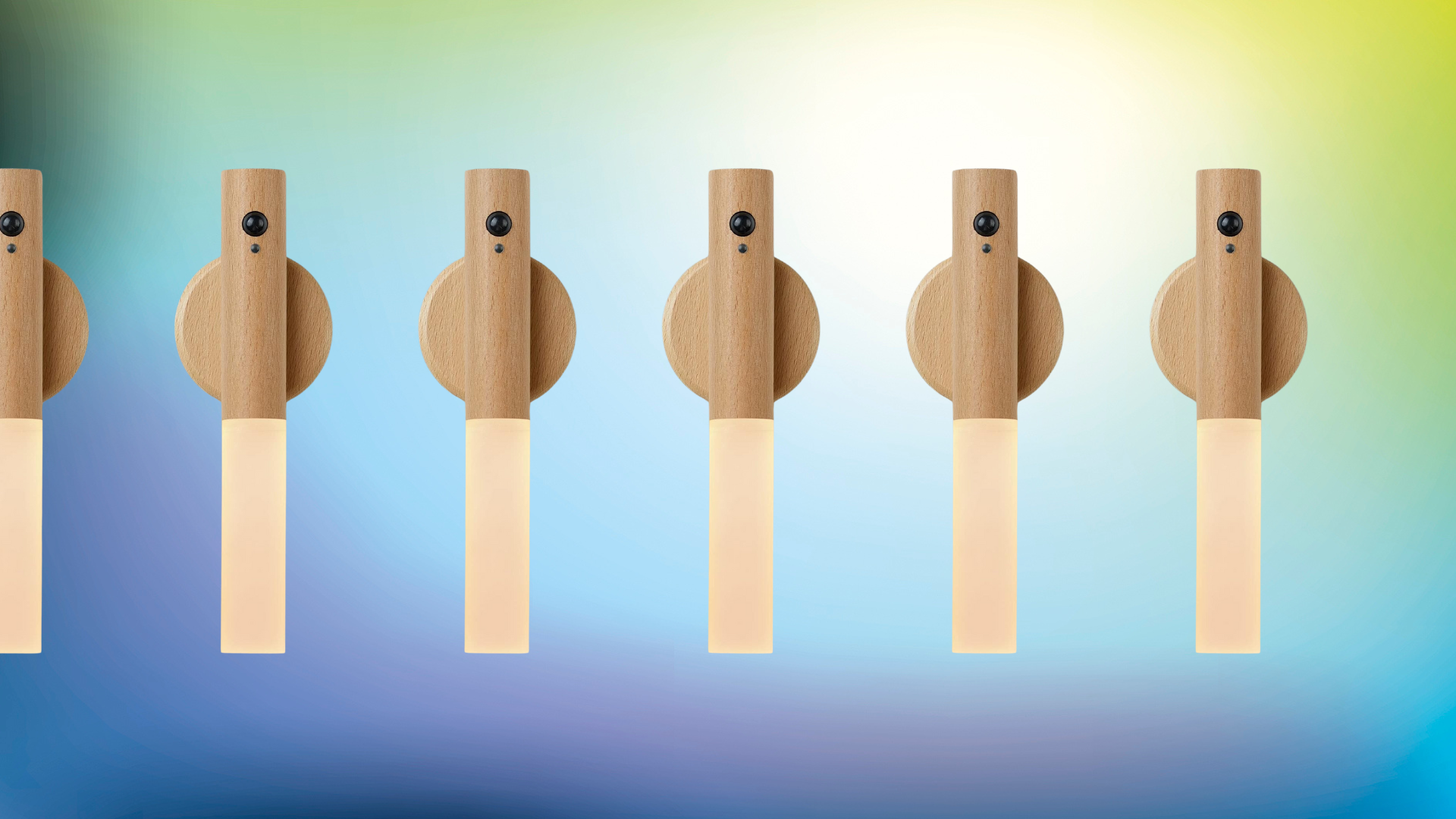 These Viral $40 Lights Make Your Home Easier to Live In — And They're Pretty Chic, Too
These Viral $40 Lights Make Your Home Easier to Live In — And They're Pretty Chic, TooThese Scandi-inspired wall sconces are the lighting solution you didn't know you needed. I'm so taken by them!
By Brigid Kennedy
-
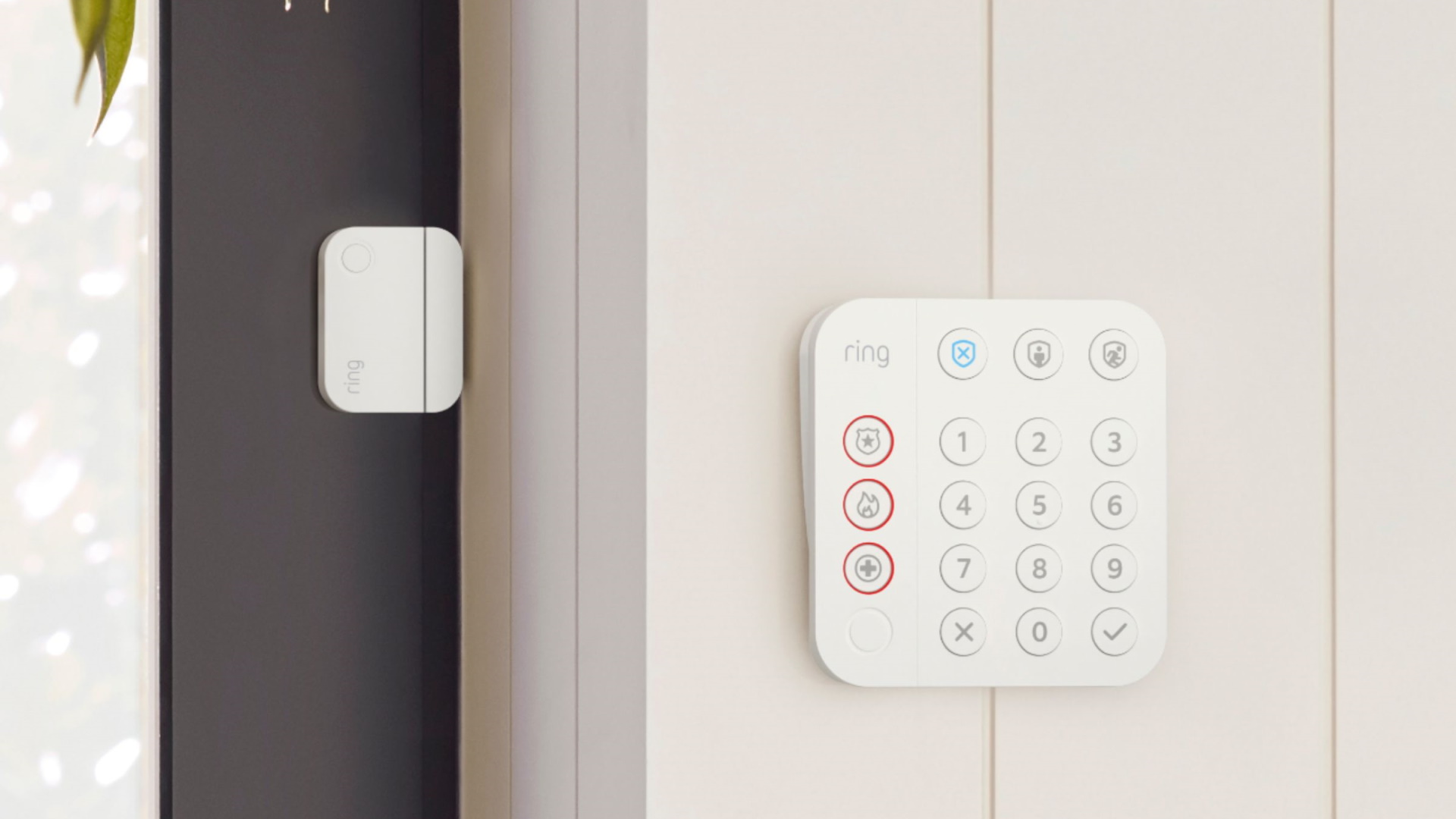 Ring Alarm System (2nd Gen) review: the brand's made-over kit is still a winner
Ring Alarm System (2nd Gen) review: the brand's made-over kit is still a winnerWe tested the Ring Alarm System 5-Piece Kit to see if it could make home security simpler for the average user, and how it may have improved on the first gen system.
By Caroline Preece
-
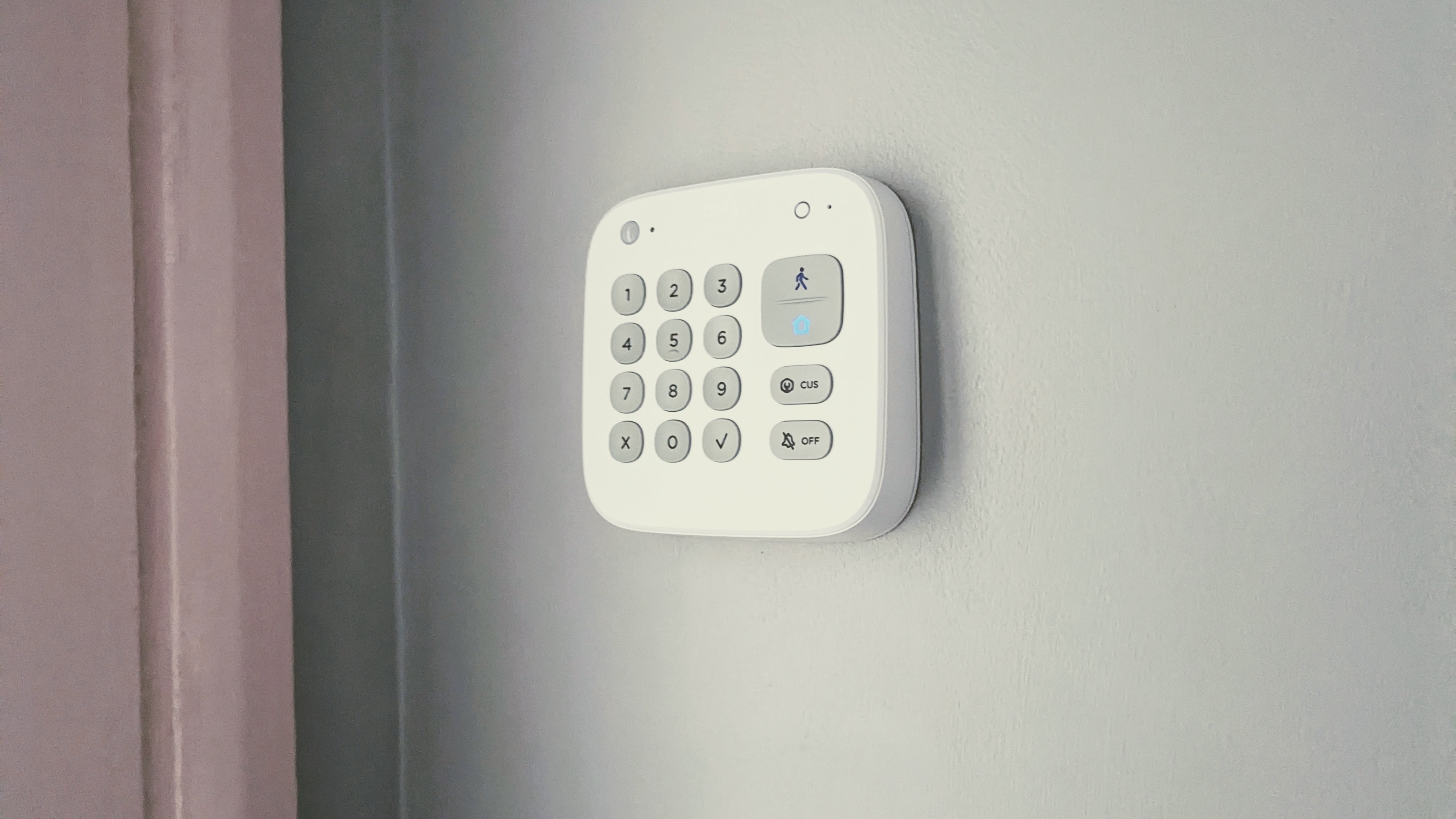 eufy Home Alarm Kit review: a simple but effective way to keep your home safe
eufy Home Alarm Kit review: a simple but effective way to keep your home safeThe eufy Home Alarm Kit has all of the basics on paper, but we wanted to test it out on our own home to see how easy it is to set up and use.
By Caroline Preece
-
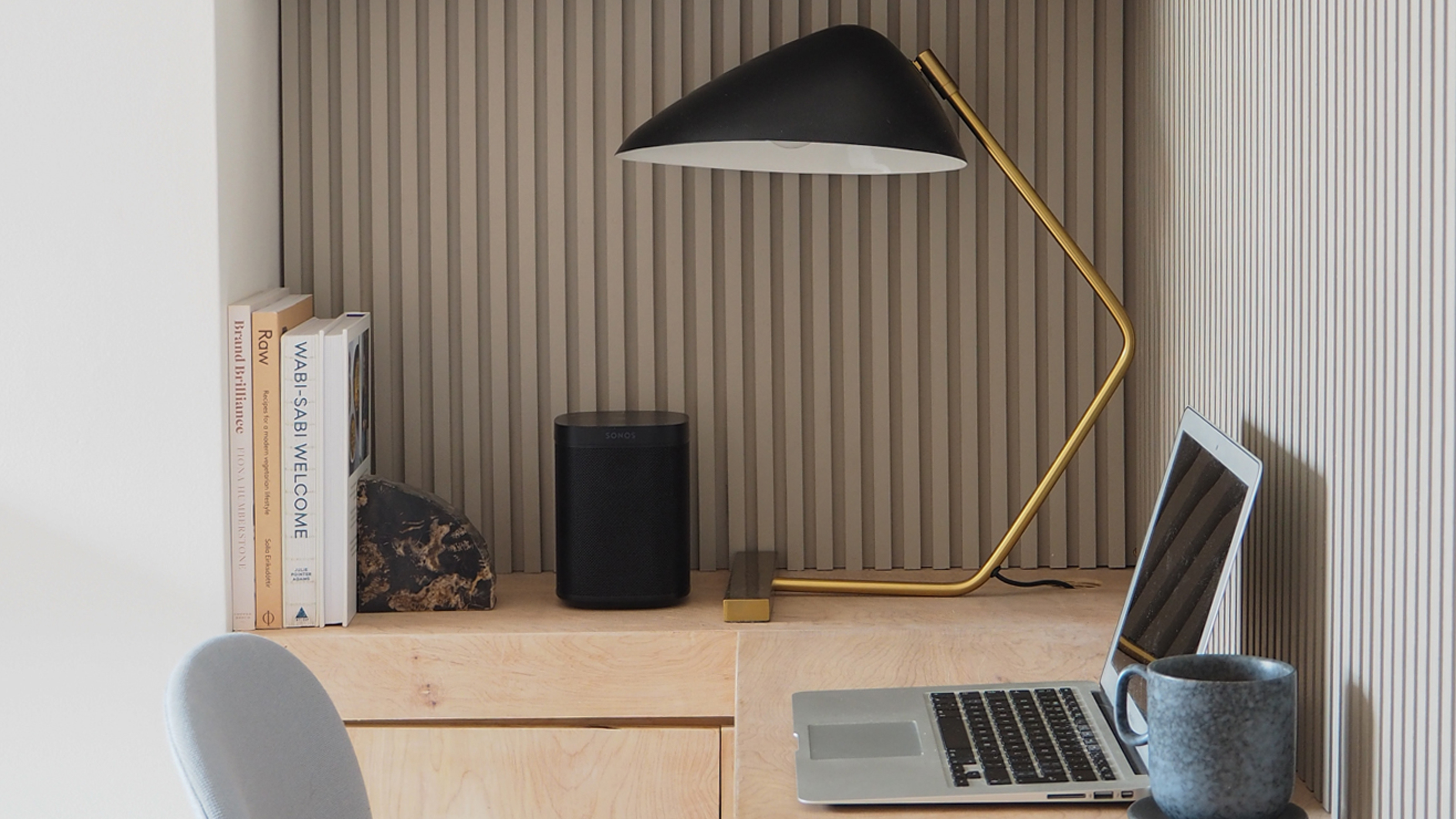 HomePod mini vs Sonos One: two high-end smart home hubs, but which is the better speaker?
HomePod mini vs Sonos One: two high-end smart home hubs, but which is the better speaker?We take a look at the HomePod mini and Sonos One, both of which sit at the higher end of the smart speaker market.
By Caroline Preece
-
 AirTags vs Tile: which Bluetooth tracker is best to help a case of constantly misplaced keys?
AirTags vs Tile: which Bluetooth tracker is best to help a case of constantly misplaced keys?If you're tired of losing your items, either around the house or outside, then Bluetooth trackers are a lifesaver - but which is best?
By Caroline Preece
-
 Sony WF-C500 vs Airpods: are the budget earbuds a worthy competitor to Apple?
Sony WF-C500 vs Airpods: are the budget earbuds a worthy competitor to Apple?Sony's affordable earbuds get the thumbs up from us, but how do their compare with Apple's AirPods?
By Caroline Preece